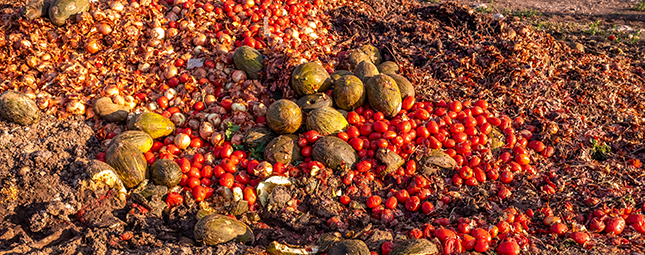Vegetable waste’s surprising contribution to greenhouse gas emissions

When it comes to greenhouse gas emissions, all food waste is not equal. Based on its GHG footprint, meat waste contributes the largest amount of emissions by weight. Waste a little bit of beef, contribute a lot of GHGs.
But as a recent World Resources Institute report shows, vegetables are actually the biggest contributor to emissions behind beef and seafood, simply because of the sheer volume of vegetables wasted.
This tracks with Leanpath’s own data, that shows vegetable waste is the largest category of food waste across our deployments.
“Culinary staff are very focused on the expensive center of the plate proteins,” explains Leanpath Executive Director Dave Britton. “And it makes sense. Those are the most expensive items. But it's the sneaky waste items that are most often wasted at the highest levels. Vegetables play a huge part in culinary operations. They often require lots of prep and are used extensively in everyday operations. They are less expensive than proteins, and so less of a focus, and there are a lot of opportunities to waste them. That’s why we see them driving so much waste.”
Here are a few ideas to cut vegetable waste.
Greenhouse gas emissions from food waste are calculated based on a number of inputs: there’s the emissions generated by growing the food, transporting and storing the food and then when wasted food degrades. Cattle and other animals contribute further from their digestive process.
The WRI report, “Reducing Food Loss and Waste: Ten Interventions to Scale Impacts", looks at a number of actions to address the food waste crisis. Focusing on its impact to global warming is one action.
How wasted foods contribute to greenhouse gas emissions:

Sign up for our monthly newsletter to get updates about food waste prevention initiatives, whitepapers, webinars and more.
